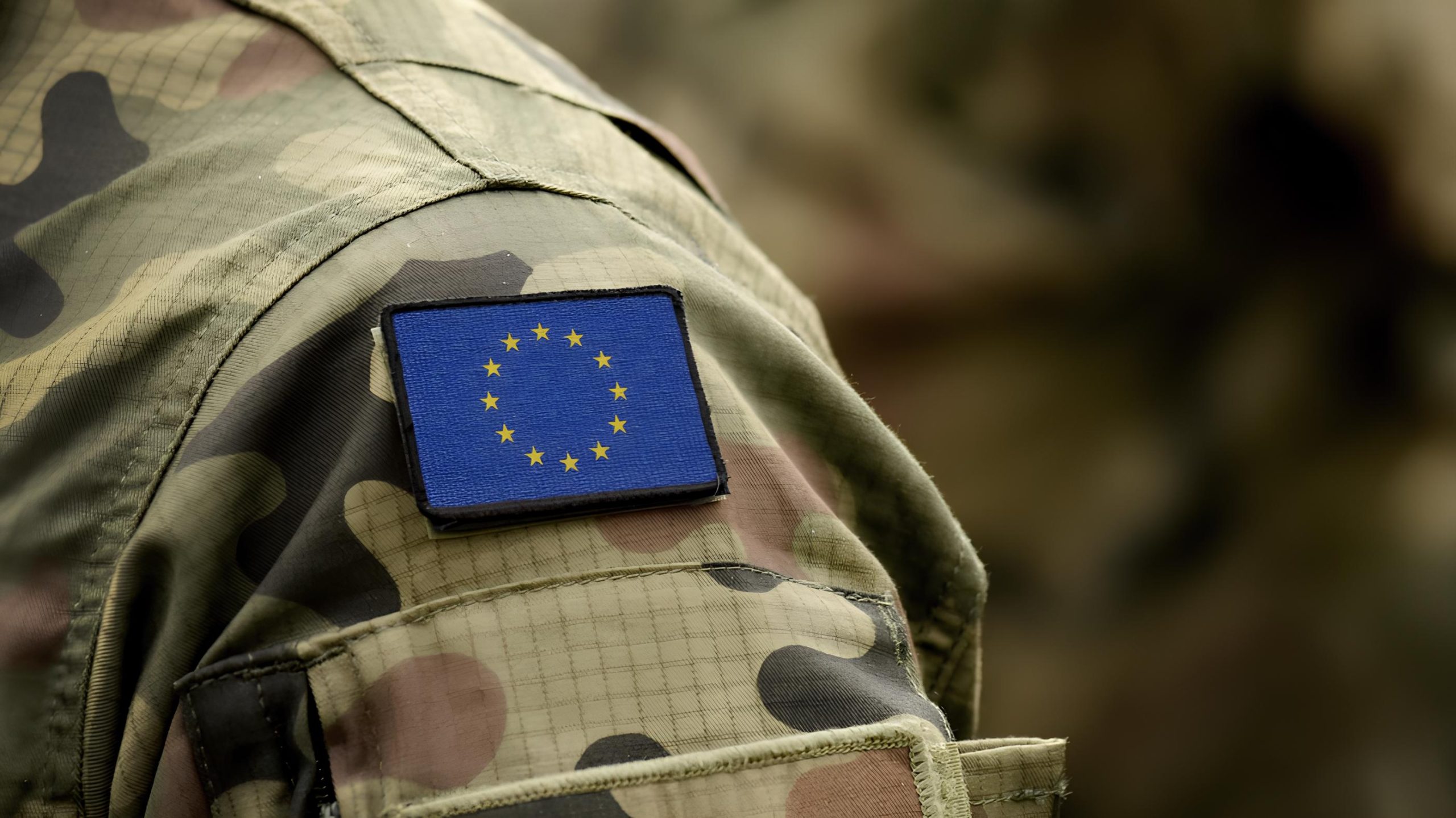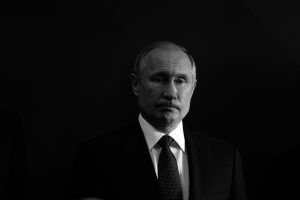
Could increased cooperation on defense issues at the EU level extend to the establishment of an EU army? Who will fund it? Who will run it? Who will control it? Let’s examine the EU in detail on this subject.
December 17, 2023
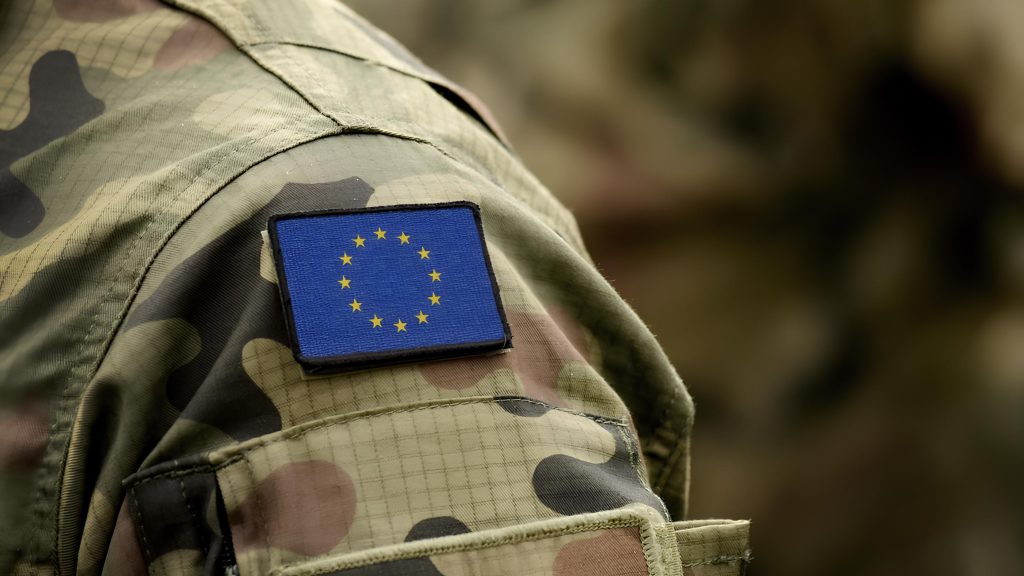
Even though the European Union is accepted as an economic and political union by definition and has gone through periods of successful institutionalization and integration, the boundaries and harmony of this definition are a matter of debate. The dream of a ‘European Army’ within the scope of strategic autonomy of the European Union has been on the agenda in recent years. It is necessary to examine the scope of NATO’s interests and the security concerns of EU countries. It is important to analyze well the obstacles to the establishment of a possible EU Army and the structure required for its foundation to understand the current situation. Does the EU need an army? Is it possible to establish this army? How can the EU create a defense policy other than the army? How will the deepening of EU defense policies affect NATO, which includes many EU members?
Eurobarometer is an institution affiliated with the European Commission. The purpose of the institution is to ask questions to European Union citizens in various fields and prepare reports based on these answers and submit them to the European Commission. The latest Eurobarometer published on July 2023, the opinion that ‘cooperation in defense matters at EU level should be increased’ was asked to the public level of the European Union. According to the results: 80% think that cooperation in defense matters at the EU level should be increased, 77% believe that Member States’ purchase of military equipment should be better coordinated, 69% would like the EU to reinforce its capacity to produce military equipment and 66% say that more money should be spent on defense in the EU (Eurobarometer).
Currently, Europe’s security depends on the NATO military alliance, which has 31 members. However, NATO’s interests don’t have to coincide with Europe’s interests. In this case, it is quite normal for EU member states to have some security concerns. In recent years, European countries may be negatively affected by NATO decisions due to the frequently changing military moves of the USA and the differences in the foreign policy preferences of the presidents. Trump’s ‘America first’ rhetoric and his moves against European interests had a great impact on the European Army discourse. Subsequently, we saw that Trump’s rhetoric actually turned into policy. As a current example, the dream of the EU Army was sparked when the USA made decisions alone, without consulting its European allies, during the NATO withdrawal process from Afghanistan in 2021. Emmanuel Macron and Angela Merkel greatly emphasized working for a more integrated European defense within the EU. In fact, these politicians didn’t hesitate to directly use the phrase ‘EU Army’ in their discourses. Macron made offensive statements, emphasized the vital importance of this army, and frequently contradicted the Trump administration. After Merkel’s administration in Germany, German Chancellor Olaf Scholz described Russia’s move in Ukraine as “Zeitenwende”, which is a turning point, and stated that it would bring significant changes in foreign policy. When this situation is examined, it is seen that Germany will increase its military expenditures.
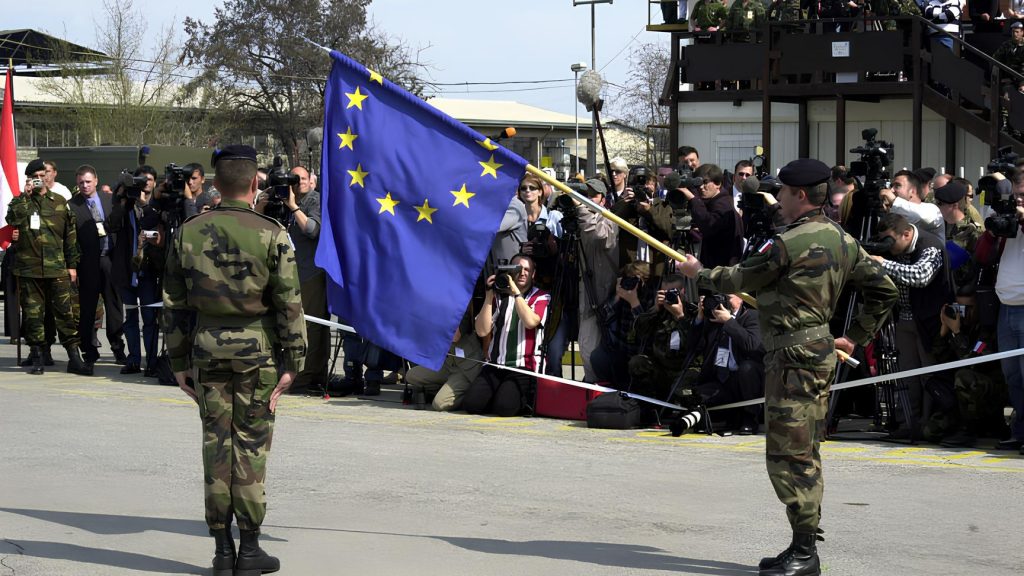
On the other hand, there are many obstacles and uncertainties regarding all these desires and requirements of the European Union to increase defense integration and establish an EU Army. Permanent Structured Cooperation (PESCO), which is a part of the security and defense policy of the European Union, integration projects were launched in 2018. PESCO is likely to be more interested in integration efforts with NATO than a mechanism to establish an EU Army in the future. I would like to emphasize that the main reason for this is financial situation. EU countries, which are already spending money on NATO and equipment modernization, will not have the budget for a new military alliance. Even if there is enough money for the stages of establishing an EU Army, the EU Army will not be provided with any sustainable economic model. If we continue with structural obstacles: Who will run it? Who will control it? It is important to find answers to these 2 questions. In order to organize and deploy the EU Army system, European Commission leadership or a new military presence system should be adopted. It seems quite strange to add a new body to the EU bodies and ensure that it only has control over the Army. Assuming that defense policy will need a more centralized system, it is unclear who will manage a newly established EU entity.
If we look at the EU Army’s relations with NATO, it is quite possible that the EU Army will duplicate NATO. At the same time, these two formations can undermine each other because they can be alternatives to each other. It is a great paradox that most EU members are already members of NATO, let’s remember that 21 of the 27 members of the EU are part of NATO. We should not throw aside NATO’s power and functional aspect, NATO is ultimately the largest and most experienced military alliance in the world and it is difficult to create an alternative or rival. A possible EU Army will not be as strong as NATO of course.
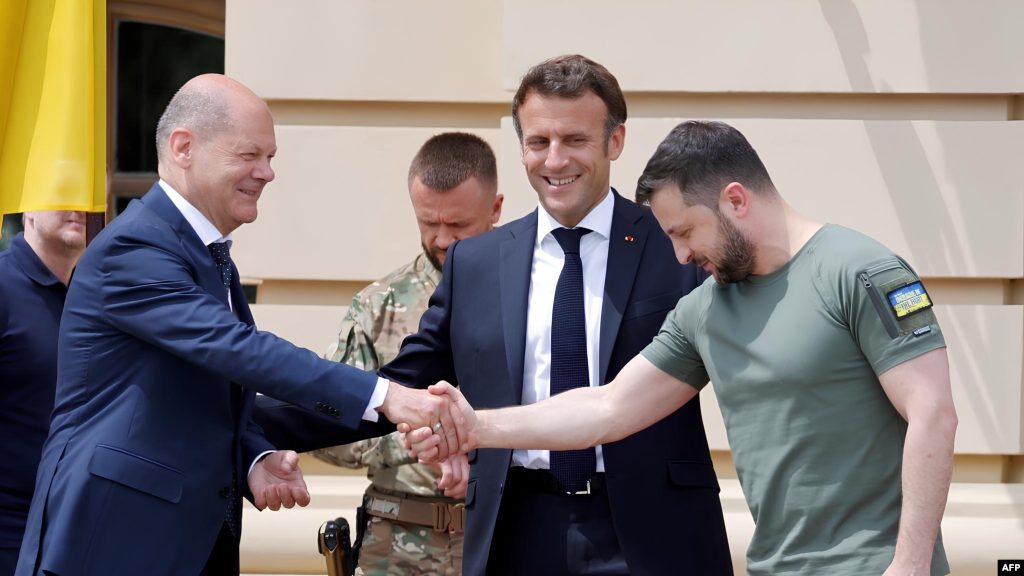
In structural, the intent of EU countries on the issue, many countries won’t give up their national control of the military to a supranational organization. Europeans won’t want to surrender their foreign policy sovereignty. More defense and military integration is aimed at the EU, but unanimity is required for common foreign, defense and security policy. In case of more proposals and operations, unanimity may be very difficult to achieve and the increased defense mechanism may not work. In this situation, bureaucracy could increase and work slows down.
The European Union is not a very harmonious whole when it comes to political decisions. There has been opposition from Hungary and Poland in the EU lately. Poland will cease to be an opposition within the EU with its new Prime Minister Tusk, but there is still Hungary behind, and the number of opposition may increase in the future with the rise of right-wing parties. Moreover, In the past, there were countries such as Denmark, Poland and Latvia that made it clear that they did not favor the EU Army.
Eventually, when the principle of solidarity of the European Union is being questioned, I don’t think that the EU can realize its dream of an ‘EU Army’ that will deepen its defense integration. I see a high probability that the principle of solidarity will be questioned frequently. EU countries lack the political and economic determination to establish and manage an army. There are both motivational and structural difficulties in developing deep collaborations in areas where harmony is lacking.
A curated seletion of FA’s must-read stories.
Written By: DILARA SAHIN
Written By: RIZWAN RAFI TOGOO
Written By: ERIC SONG
Written By: BATUHAN GUNES
Written By: E. ERDEN
Written By: SHOHREH POOLAB
Written By: ALEYNA TASTAN
Written By: CIHAN KAAN GAZI

Cihan Kaan Gazi is an undergraduate student at Çukurova University, Department of Political Science and International Relations. He is the co-founder of the Synergos Research Community and takes an active role on the Synergos Board of Directors. His main fields of study are China, Africa and the Middle East.
Written By: GABRIEL RAMIREZ
Written By: DILARA SAHIN
Written By: DILRUBA YILMAZ
Written By: NILAY CELIK
Written By: ELDANIZ GUSSEINOV
Written By: JOSEF SCHOEFL
Written By: SELCAN BEDIRHANOGLU
Written By: FATIH CEYLAN
FA’s flagship evening newsletter guilding you through the most important world streis ofthe day. Delivered weekdays.
